Nursing Education
Nursing practice is currently beset by a number of challenges, including the ageing and more unwell segment of the hospitalized patient population, the financial load of healthcare, and the need to stay current with medical knowledge and technological improvements. These pressures are exacerbated by a growing nurse shortage and an ageing nursing workforce. Nursing practice in the twenty-first century is challenged by a variety of factors, including an increase in the number of elderly and critically ill patients, rising healthcare costs, a shortage of nursing staff and nurse educators, and a shift in the nursing workforce's age. Nurse educators must continually analyse and review education curricula, teaching-learning methodologies, and programs used to prepare new professional nurses in order to adapt to rapidly changing and expanding healthcare settings. To ensure the continuing provision of high-quality, secure, and efficient patient services, the nursing community must keep track of changes in healthcare settings. Nurses must be equipped with the essential skills to accomplish this.
- Challenges Facing Nursing Education
- Aligning Education with The Practice Environment
- Cultural Diversity
- Addressing Challenges
- Health Care Education
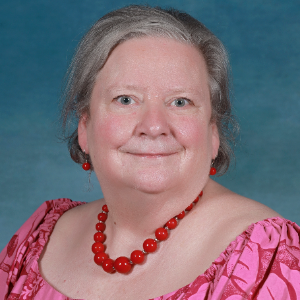
Nina Beaman
Aspen University, United States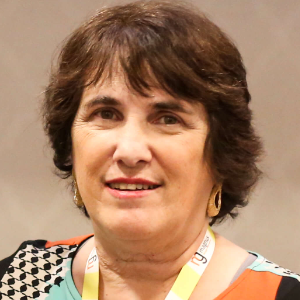
Daryle Wane
Pasco-Hernando State College, United States
Robin Adams Geiger
Ingenovis Health, United States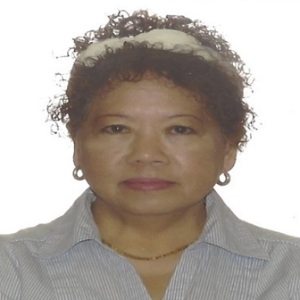
Elvessa Narvasa
Quebec CCN, Canada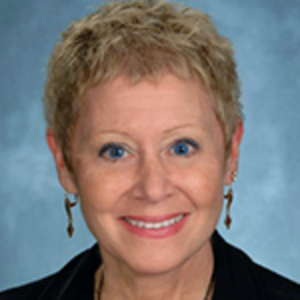
Sue Roe
The Roe Group Enterprises, LLC, United States
Maria Kozlowski Gibson
Cleveland State University, United States
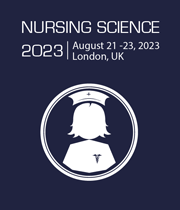

Title : Nurse as designer: Innovative practice contributing to nursing science
Jean Ross, Otago Polytechnic, New Zealand
Title : Creating a culture of mentorship: Empowering nurses to reach their full potential
Robin Adams Geiger, Ingenovis Health, United States
Title : Emerging paradigm of patient care in the age of wearable technology
Elvessa Narvasa, Quebec CCN, Canada
Title : Late adverse effects of the treatment for childhood cancer
Jelena Roganovic, University of Rijeka, Croatia (Hrvatska)
Title : Relevance of clinical practice in nursing education
Daryle Wane, Pasco-Hernando State College, United States
Title : The neurobiology of aggression: De-escalation and whole-brain processing techniques
Nina Beaman, Aspen University, United States